Ripple’s VP Discusses Preferred Protocol for NFT Royalties
Ripple’s Vice President of Strategy and Operations, Emi Yoshikawa, believes that the preferred protocol for Non-fungible token (NFT) creators when it comes to royalties is the XRP Ledger (XRPL). According to Yoshikawa, the XRPL has automatic royalties built into its on-chain design, ensuring that creators are not reliant on the marketplace for their payments.
OpenSea Dominance Declines
The discussion around NFT royalties arose after OpenSea, a top NFT marketplace, experienced a drop in dominance within the digital collections ecosystem. The decline was attributed to OpenSea’s recent decision to stop collecting and paying royalties on NFT sales. This move has been criticized by tech entrepreneur Mark Cuban, who believes it will diminish trust in the marketplace and harm the wider industry.
Automated Royalties on XRPL
As Yoshikawa explained, NFT royalties on the XRPL are encoded in smart contracts. When a secondary sale occurs, the smart contract automatically pays the marketplace a portion of the royalty as requested by the creator. The royalties are then transferred to the creator. This system ensures that creators’ rights are protected at the protocol level, eliminating the dependence on individual marketplaces.
NFT Creators Considering XRPL
Last year, OpenSea expressed support for creators enforcing fees on-chain. However, the recent reduction in creator’s royalties by OpenSea has been met with criticism from the NFT community. In contrast, XRPL offers a high level of creator’s rights protection and a fair, decentralized, and democratic revenue-sharing model. This advantage may have contributed to the surge in NFT transactions on XRPL.
Hot Take: XRPL Provides Secure and Fair Royalties for NFT Creators
The XRPL’s automatic royalty system provides a secure and fair solution for NFT creators, ensuring they receive their rightful payments without relying on individual marketplaces. OpenSea’s decision to reduce royalties has drawn criticism and may drive creators towards XRPL. This highlights the importance of protecting the rights and revenue of NFT creators in the evolving digital collectibles industry.

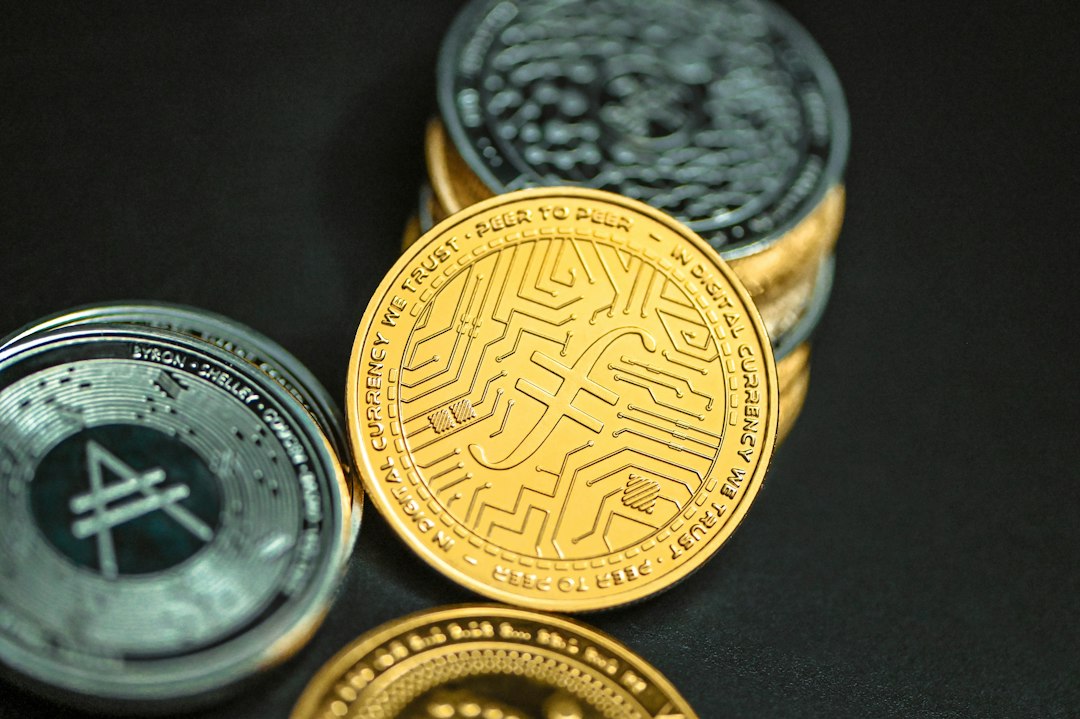
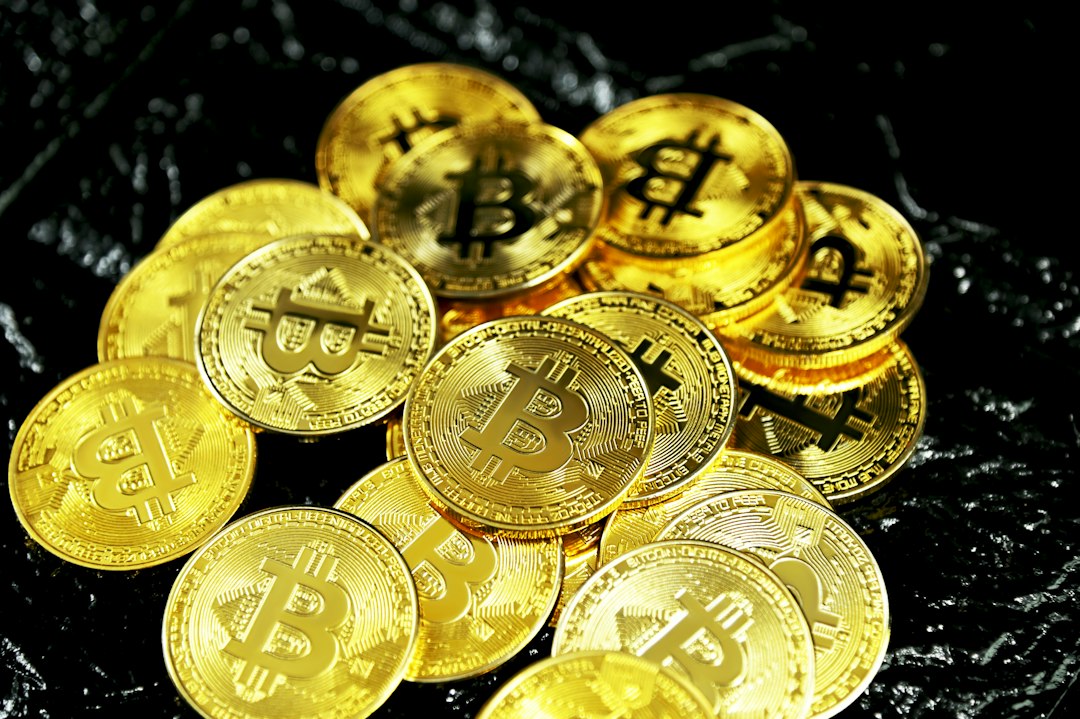
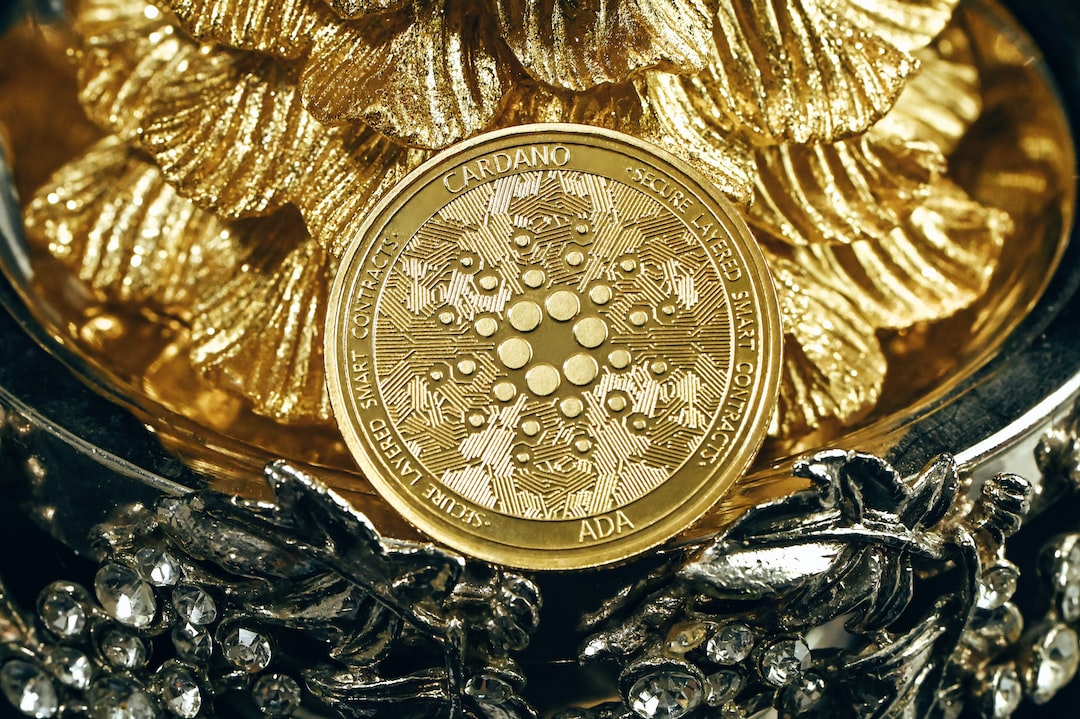
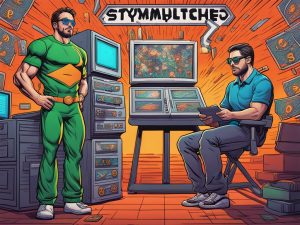
 By
By
 By
By
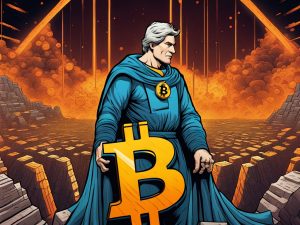

 By
By
 By
By